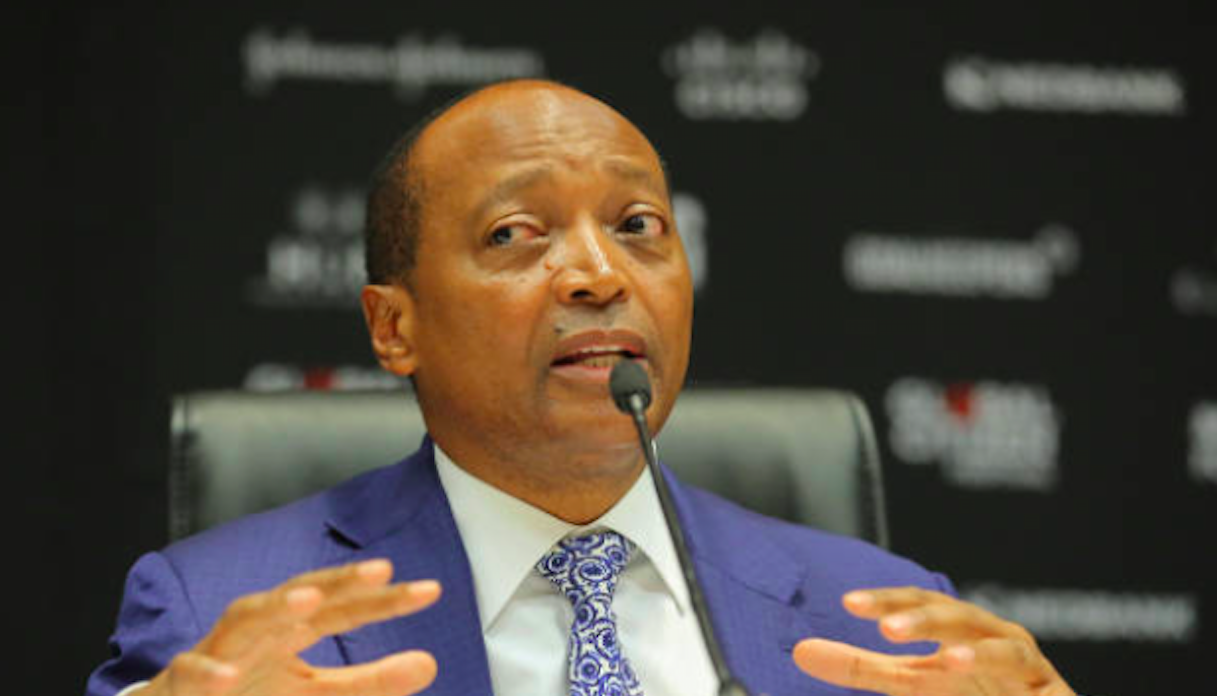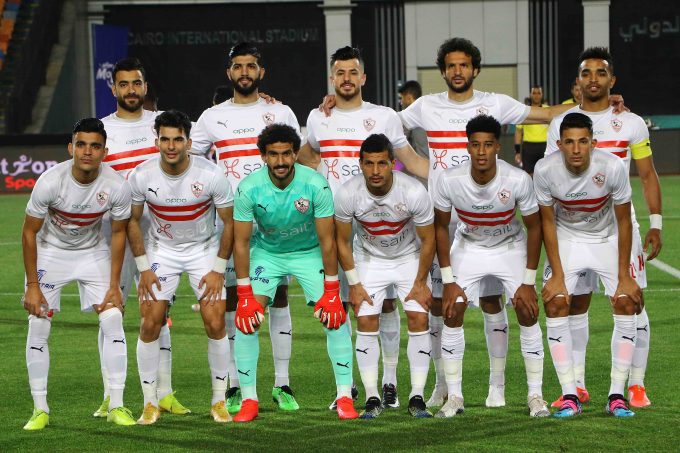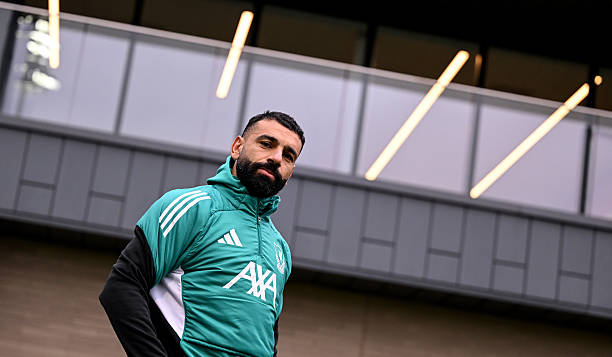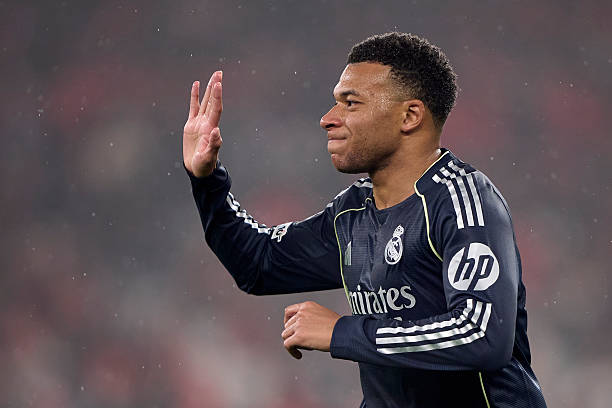CAF President Motsepe faces delicate balancing act as new Vice-Presidents set to be appointed

CAF President Patrice Motsepe faces a major test of his leadership on Saturday in the Ghanaian capital of Accra as he moves to appoint five new Vice-Presidents in a bid to heal widening divisions within African football’s governing body, AfricaSoccer.com can exclusively reveal.
The appointments come in the wake of last month’s elections, which saw Morocco-backed candidates sweep all the available FIFA Council seats, sidelining powerful football nations like Nigeria, Ghana, and Senegal from global decision-making.
The outcome triggered widespread anger among Anglophone and Francophone members, culminating in the resignation of Augustin Senghor as CAF’s First Vice-President.
Senghor, long seen as a bridge between competing regional blocs, lashed out at what he described as Morocco’s “capture” of African football politics, warning of growing imbalances within CAF.
His departure — alongside the exit of Ahmed Yahya, Waberi Souleiman, Kanizat Ibrahim, and Seidou Mbombo Njoya from VP roles — has forced Motsepe into urgent action to avoid deepening fractures.
In what is seen as a delicate balancing act, Motsepe will today name five new Vice-Presidents drawn from different linguistic and regional blocs in a clear attempt to restore unity.
Insiders have told AfricaSoccer.com that those being considered to be appointed include Ghana FA President Kurt Okraku, Liberia’s Mustapha Ishola Raji, Togo’s Kossi Gbezonde Akpovy all from West Africa while Ethiopia’s Isayas Jira Bosho, and Tanzania’s Wallace Karia will being considered from East Africa
From Central Africa, Samuel Eto’o of Cameroon and Pierre-Alain Mounguengui of Gabon are also tipped, while Mauritius’ Mohamed Samir Sobha and Malawi’s Walter Nyamilandu Manda have been suggested to represent COSAFA.
Bestine Kazadi Ditabala of DR Congo is expected to take the women’s seat.
Motsepe’s room for manoeuvre is limited. The discontent is rooted in more than just electoral defeat.
There is growing fear among many associations that political and regional imbalances within CAF could destabilize the organisation at a time when African football is seeking greater global influence.
The absence of African heavyweights such as Nigeria and Senegal from the FIFA Council — the continent’s most important voice at world level — has sharpened concerns that key decisions will now be dominated by North African and Arab-speaking countries.
Motsepe, who had publicly backed an inclusive and consensus-driven approach when elected in 2021, must now navigate carefully. His leadership is under pressure to prove that CAF remains representative of all Africa, not just a few powerful interests.
The South African billionaire faces the additional challenge of repairing trust among aggrieved federations, some of whom privately blame his leadership style for allowing Morocco to consolidate its influence unchecked.
Despite these tensions, Motsepe remains publicly committed to building a “strong, united Africa.” In appointing new Vice-Presidents, he will aim to send a strong signal that no region or language bloc will be left behind.
Today’s appointments, while unlikely to satisfy all factions fully, are seen as a crucial step towards calming the storm inside CAF. The stakes are high: unity or division could determine the continent’s football future for years to come.




